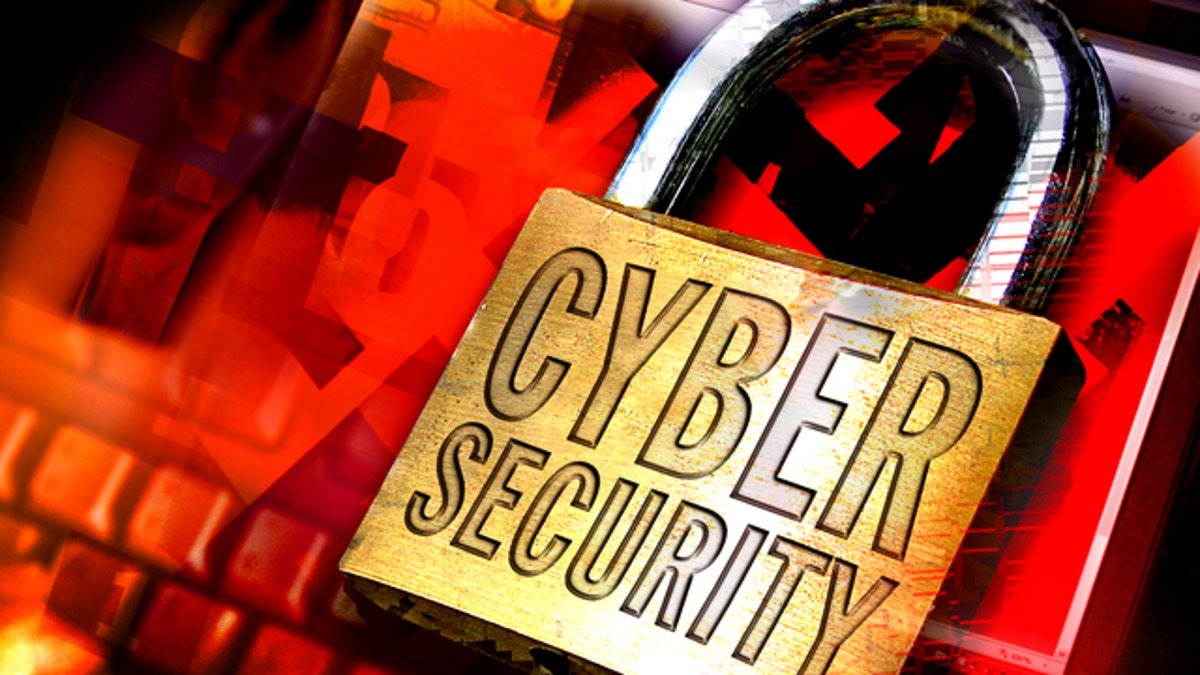
Schloesser mit den Namen von etlichen Liebespaaren sind am Donnerstag, 23. April 2009, am Gitter der Hohenzollernbruecke in Koeln zu sehen. Seit Silvester 2008 haben Paare hier ihre Liebe manifestiert und aller Welt kundgetan, indem sie ein Schloss mit ihren Namen an der Bruecke befestigt haben. Bei dem Schloesser-Trend handelt es sich um einen Brauch aus Italien. In Rom befindet sich eine alte Bruecke, die Milvische Bruecke, die ueber den Tiber fuehrt. Diese Bruecke ist ein regelrechter Wallfahrtsort fuer verliebte Paare. Dort werden Schloesser, auf denen die Namen des Paares eingraviert sind, an der Bruecke fest gekettet und der Schluessel wird in den Tiber geworfen. Dieser Brauch soll die Haltbarkeit der Liebe untersuetzen. (AP Photo/Roberto Pfeil) --Padlocks with the engraved names of lovers are fixed to the fence at the Hohenzollern Bridge in Cologne, western Germany, Thursday, April 23, 2009. In an old ritual, padlocks with lovers names on it are fixed at the Milvian bridge in Roma, Italy, and the keys are thrown into the Tiber river to symbolize endless love. (AP Photo/Roberto Pfeil) (AP GraphicsBank)
You probably won't be mugged in smaller cities like Portland, Ore., but you're more likely to have your cyberwallet picked.
Those same factors that are likely to boost a city's civic pride -- prevalence of Wi-Fi hot spots, a cyber-savvy populace and so on -- also make citizens more likely to be at risk for cybercrime, finds a new study released Monday morning.
The data comes from Symantec's Security Response group, which in conjunction with research firm Sperling's BestPlaces just released a list of the 10 riskiest online cities. In the study, the company compared the number of cyberattacks against several potential risk factors, including the prevalence and speed of Internet access, usage, how much citizens spend on computer gear, and how likely they are to shop online.
Regardless of the size of the city, score high on those marks and the crooks will find you.
Seattle tops the list, a city with high marks in all four areas: Seattle had the second-highest scores for risky behavior and Wi-Fi hotspots, the third-highest scores for Internet access and consumer expenditures and the sixth-highest score for cybercrimes per capita. The top ten:
1. Seattle
2. Boston
3. Washington, D.C.
4. San Francisco
5. Raleigh, NC
6. Atlanta, GA
7. Minneapolis, MN
8. Denver, CO
9. Austin, TX
10. Porland, OR
Read More: The 50 Riskiest Online Cities
"Interestingly, factors that might imbue a city with civic pride are also those most likely to make it a target for cyber criminals," noted Marian Merritt, Norton Internet Safety Advocate.
Boston was second on the list of most dangerous cities; Symantec notes that only Atlanta and Miami receive more spam. And Washington D.C. scored third, in part due to high Internet usage among citizens. 22 percent of D.C. residents use the Internet at least five times a day, 39.1 percent higher than the average.
"Everyone describes statistics by city, when it's muggings and murders," noted Stewart Baker, former assistant secretary for policy for the U.S. Department of Homeland Security. "Why wouldn't we do the same for cybercrime? Of course, they're not really targeting cities, they're targeting people," he pointed out.
Merritt disagrees, explaining that criminals are getting smarter, tailoring attacks not just for the Internet populace in general but for specific groups more likely to succumb to their assaults.
"We're talking about people who are going to look for the best targets," she said, noting that bank fishing attacks tend to hit areas with more retirees, who are more likely to fall for such scams.
Cybercrime isn't made up of anonymous, blanket attacks any more. "That's changed a lot in the past two years," says Merritt, pointing out the increase in "spear fishing," where criminals target the high-profile (and wealthier) executives at organizations.
"They're going after high net-worth individuals because the pay off is so much better."
Of the 50 U.S. cities examined, Detroit came in as the least risky online city. Motor City's residents were less likely to participate in risky online behavior compared to other cities in the study, and it also ranked low in cybercrime, access to the Internet, expenditures on computer equipment, and wireless Internet access. El Paso, Texas and Memphis, Tenn. came in second and third, respectively, on the list of least risky online cities.
"There's no doubt that this is a double-edged sword," Baker said. "Technology is great, but the cities that adopt it most enthusiastically are also going to realize the disadvantages earlier than others."








































